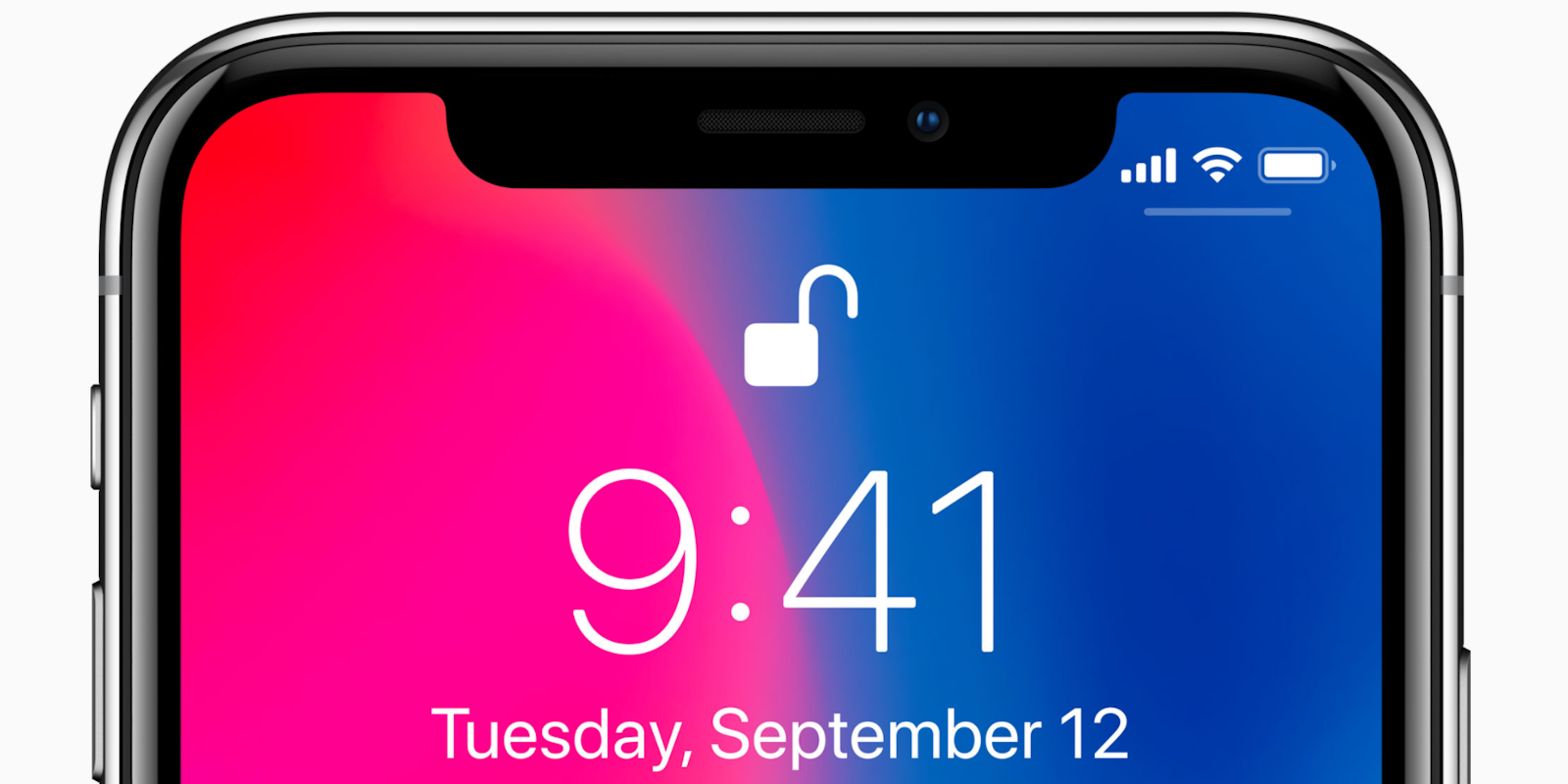The success of the Apple iPhone X rides on the dependability of its new Face ID authentication technology. Early impressions of the sign-in method are generally favorable, though some reviewers say it’s not as fast as Touch ID.
Even more concerning is the potential for the facial recognition sensor to be tricked. We’ve seen it before on other devices—Samsung phone #1 and #2—but those had a trusty fingerprint sensor to fall back on. The iPhone X doesn’t.
In late September, Apple released a security overview document for the new feature that raised some concerns. In it, the Cupertino giant admits the “probability of a false match is different” for twins because of similarities in their physical makeup.
That claim has now been tested by a few select publications who were given early access to the device.
The results? Inconclusive.
Mashable paired two sets of twins—both brothers—and let one register the device and the other try to unlock it. With both sets of twins, the other brother unlocked the device without issue, tricking Face ID to give them access to someone else’s smartphone.
Conclusive enough, right? Well, the iPhone X isn’t going down without a fight. Business Insider conducted a similar test with a pair of brothers, but this time the iPhone was able to tell them apart and lock the other out of the phone.
Adding to the confusion, the Wall Street Journal ran a test on a pair of fraternal twins and triplets. The iPhone passed the twin test but failed miserably for triplets, unlocking for both brothers who hadn’t registered their face.
These experiments don’t provide much insight into how accurate Face ID is, but they do prove it can be tricked without much effort. If you happen to be an identical twin and don’t want to go back to PINs and patterns, then you might want to save some cash and avoid Apple’s new $1,000 phone.


